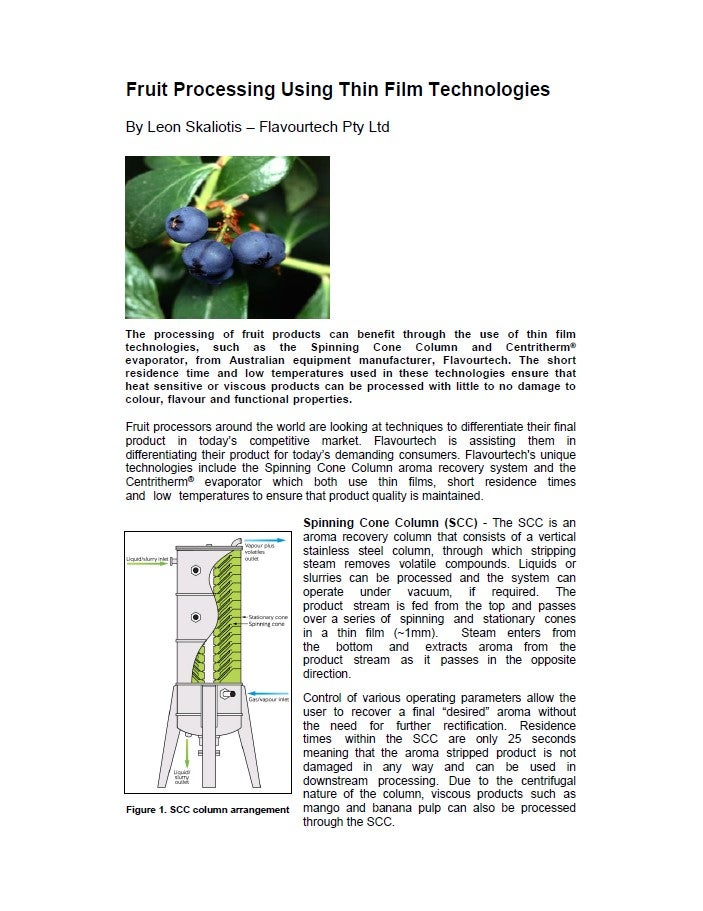
Taurine – a commonly found ingredient in energy drinks and food supplements – could be the secret to a long and healthy life.
At least, that’s according to a study that explores the impact amino acid consumption in animals.
The findings, published in the journal Science on Thursday (8 June), have led to calls for clinical trials on humans, after widespread health benefits resulted when animals including mice and monkeys were given supplements of the micronutrient.
The study found that levels of taurine – which is occurs naturally within the body – decreased with age. However, when given supplements of the substance, animals lived longer and suffered from less health problems than animals whose taurine levels were allowed to deplete.
The scientists, however, did not recommend people boost their taurine intake through supplements, energy drinks, or by making diet changes until further studies are conducted on humans.
By testing the impact of taurine on middle-aged mice, researches were able to conclude that supplementation with taurine brought a range of health benefits and slowed key markers of ageing including bone density, muscle strength and memory retention.
Even more significantly, mice that were given taurine lived three to four months longer than the control mice. Extrapolated out to humans, this would represent the equivalent of seven or eight human years, leading lead study author Vijay Yadav, assistant professor of genetics and development at Columbia University in New York City, to proclaim the substance “could be an elixir of life within us”.
“Whatever we checked, taurine-supplemented mice were healthier and appeared younger than the control mice,” Yadav said. “Taurine made animals live healthier and longer lives by affecting all the major hallmarks of ageing.”
The impact of taurine supplements was less pronounced in monkeys, and did not meaningfully extend the lifespan of the animals. However, a daily dose did prevent weight gain, lower blood glucose and improve bone density of the recipients.
Clinical trials directly looking at the impact of taurine boosting in humans are yet to take place, but evidence suggests those with higher taurine levels suffer from less health problems.
By analysing medical data from 12,000 Europeans aged over 60, Yadav and his team found people with more taurine in their body were less likely to suffer from obesity, type 2 diabetes and high blood pressure.
Taurine is made naturally in the body and is found in meat and shellfish diets, as well as in energy drinks. Levels of the substance have been found to increase through strenuous exercise.
The health impact of energy drinks is a subject of much scrutiny, with some studies suggesting their consumption may impact the brain development of adolescents. The drinks also often contain high doses of caffeine and sugar.
Recent innovation in the category has focussed on adding a slew of functional benefits to new launches, as well as adopting properties such as zero sugar and low(er) calories, qualities that are demanded by more health-conscious consumers.
Globally, the category is now worth $87.2bn, and is forecast to grow by a CAGR of 7.05% between 2023 and 2027, according to GlobalData.
Earlier this month, Scotland scrapped a plan to ban the sale of energy drinks to children, proclaiming there was not enough evidence to mandate restricting consumption by under 16s.



